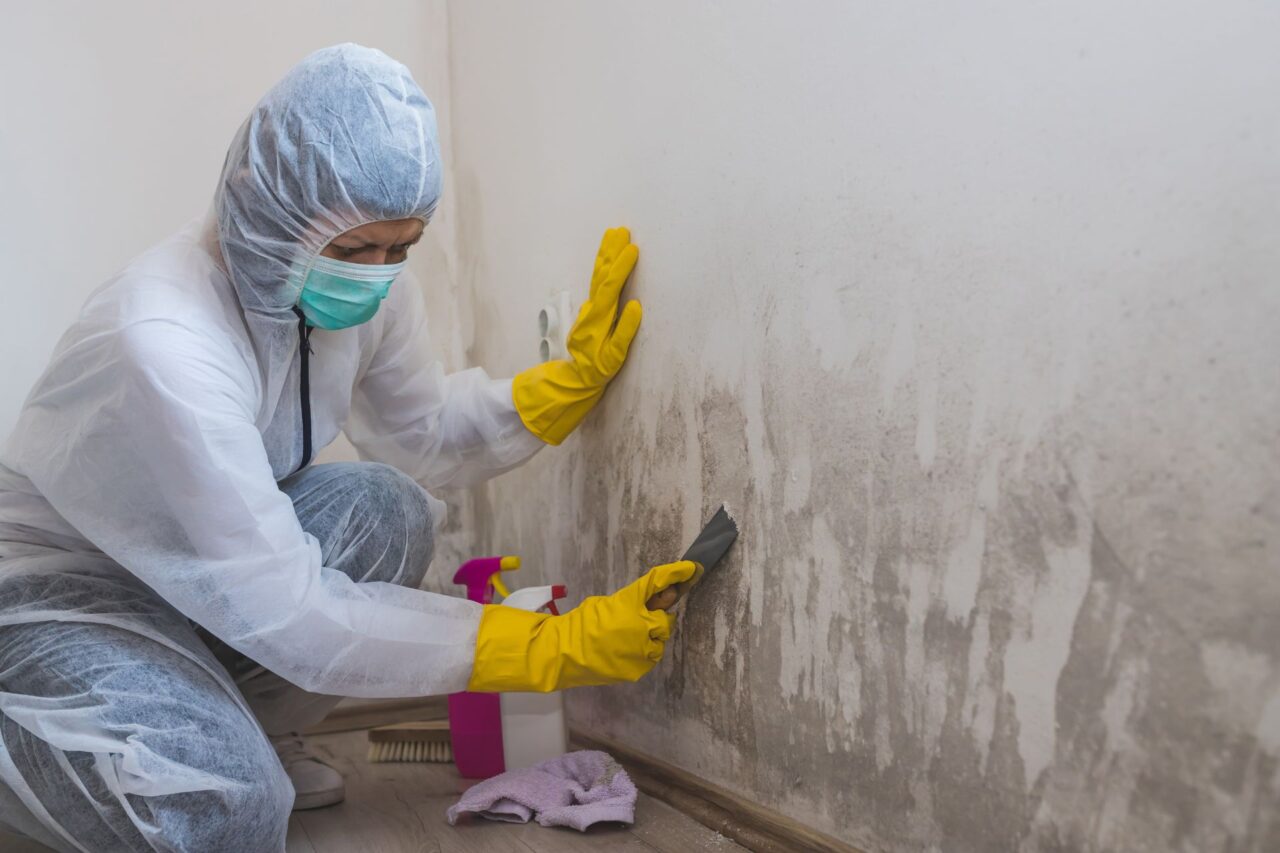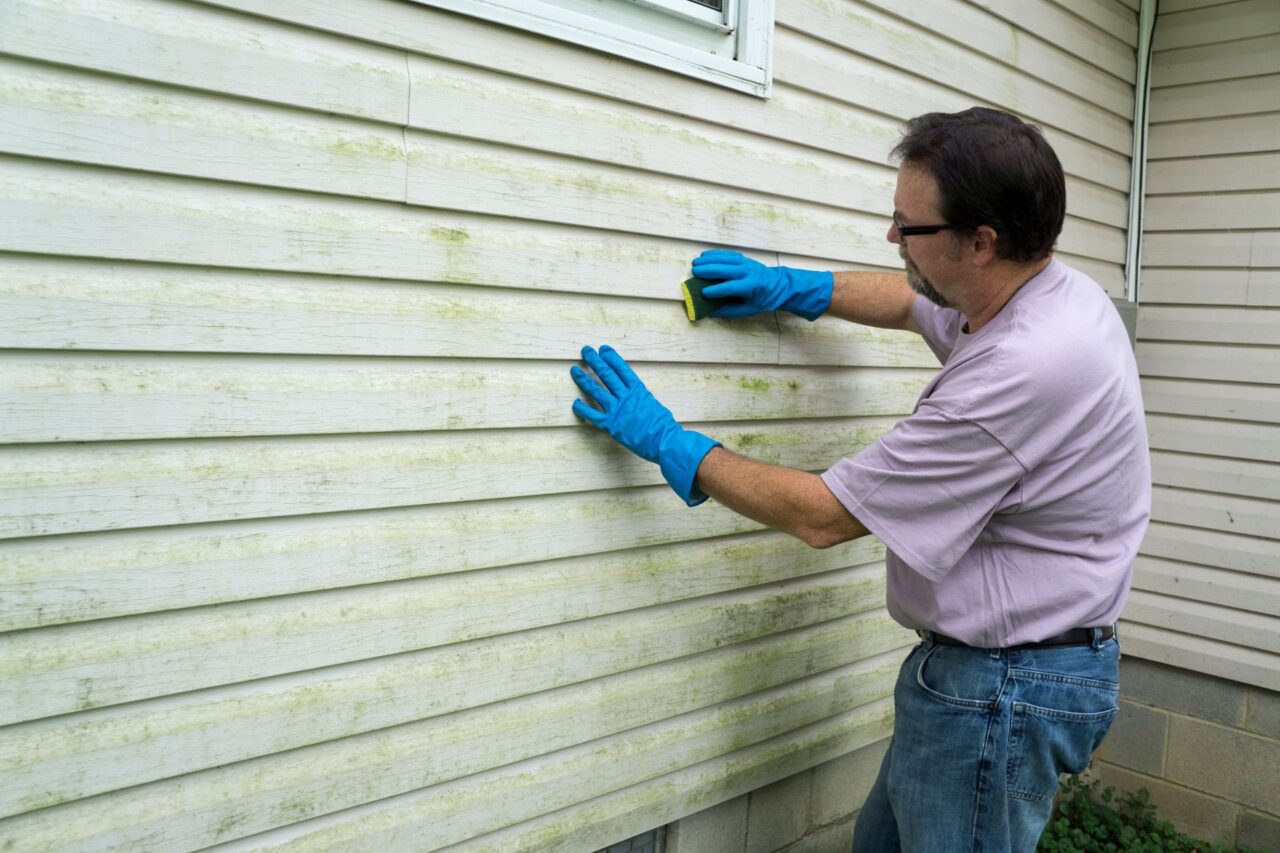Introduction
Mold and mildew are persistent issues in many homes and workplaces, leading to health hazards and structural damage. However, combating them doesn’t have to involve harsh chemicals or extensive cleaning routines. Enter hypochlorous acid, a powerful yet gentle solution that effectively tackles mold and mildew. In this comprehensive guide, we’ll delve into the world of hypochlorous acid and how it can revolutionize your approach to mold and mildew prevention.

Understanding Mold and Mildew
Mold and mildew are types of fungi that thrive in damp and humid environments. They not only pose health risks but also cause unsightly stains and structural deterioration in buildings.
Importance of Combatting Mold and Mildew
Combatting mold and mildew is crucial for maintaining a healthy indoor environment and preserving the integrity of structures. Failure to address mold and mildew issues promptly can lead to respiratory problems, allergies, and even structural damage.
What is Hypochlorous Acid?
Definition and Composition
Hypochlorous acid (HOCl) is a weak acid that forms when chlorine dissolves in water. It is produced naturally by the human body’s immune system to fight off pathogens.
Properties and Effectiveness
Hypochlorous acid is a potent antimicrobial agent that effectively kills bacteria, viruses, and fungi. It is non-toxic, biodegradable, and safe for humans and the environment.
How Does Hypochlorous Acid Combat Mold and Mildew?
Mechanism of Action
Hypochlorous acid penetrates the cell walls of mold and mildew, disrupting their cellular functions and ultimately leading to their demise.
Application Methods
Hypochlorous acid can be applied through spraying, fogging, or soaking, depending on the severity of the mold and mildew infestation.
Benefits of Using Hypochlorous Acid for Mold and Mildew
Non-Toxicity and Safety
Unlike harsh chemical cleaners, hypochlorous acid is safe for use around children, pets, and food preparation areas.
Environmentally Friendly
Hypochlorous acid breaks down into salt and water after use, leaving behind no harmful residues or fumes.
Cost-Effectiveness
Long-term use of hypochlorous acid can save money on cleaning products and maintenance costs associated with mold and mildew removal.
Application Areas of Hypochlorous Acid
Household Use
Hypochlorous acid can be used to clean and disinfect various surfaces in homes, including kitchens, bathrooms, and laundry rooms.
Commercial Use
Businesses can benefit from using hypochlorous acid to maintain clean and hygienic environments for employees and customers.
Industrial Use
In industrial settings, hypochlorous acid can be used for sanitation purposes to prevent the spread of contaminants and pathogens.
Tips for Effectively Using Hypochlorous Acid
Proper Dilution
Follow manufacturer recommendations for diluting hypochlorous acid to ensure optimal effectiveness and safety.
Safety Precautions
Wear protective gear, such as gloves and goggles, when handling concentrated hypochlorous acid solutions.
Storage and Handling
Store hypochlorous acid in a cool, dark place away from direct sunlight and incompatible chemicals.
Common Myths About Hypochlorous Acid
Myth 1: Hypochlorous Acid is Harmful
Contrary to popular belief, hypochlorous acid is safe for use when handled properly and in accordance with instructions.
Myth 2: Hypochlorous Acid is Ineffective
Numerous studies have shown the efficacy of hypochlorous acid against a wide range of pathogens, including mold and mildew.

FAQs about Combat Mold and Mildew with Hypochlorous Acid
How does hypochlorous acid kill mold and mildew?
- Hypochlorous acid penetrates the cell walls of mold and mildew, disrupting their cellular functions and leading to their destruction.
Is hypochlorous acid safe for pets and children?
- Yes, hypochlorous acid is non-toxic and safe for use around pets and children when used as directed.
Can hypochlorous acid be used on all surfaces?
- Hypochlorous acid is safe for use on most surfaces, including countertops, floors, and fabrics. However, it may cause corrosion on certain metals.
How often should hypochlorous acid be applied?
- The frequency of application depends on the severity of the mold and mildew infestation. It is recommended to follow manufacturer instructions for best results.
Can hypochlorous acid remove stains caused by mold?
- Yes, hypochlorous acid not only kills mold and mildew but also helps remove stains caused by them.
Is hypochlorous acid effective against black mold?
- Yes, hypochlorous acid is effective against black mold, also known as Stachybotrys chartarum, when used properly.
Conclusion
Combatting mold and mildew doesn’t have to be a daunting task. With hypochlorous acid, you can effectively eliminate these pesky fungi while ensuring the safety of your family, pets, and the environment. By understanding its properties, benefits, and proper usage, you can take proactive steps to maintain a clean and healthy living or working space.




